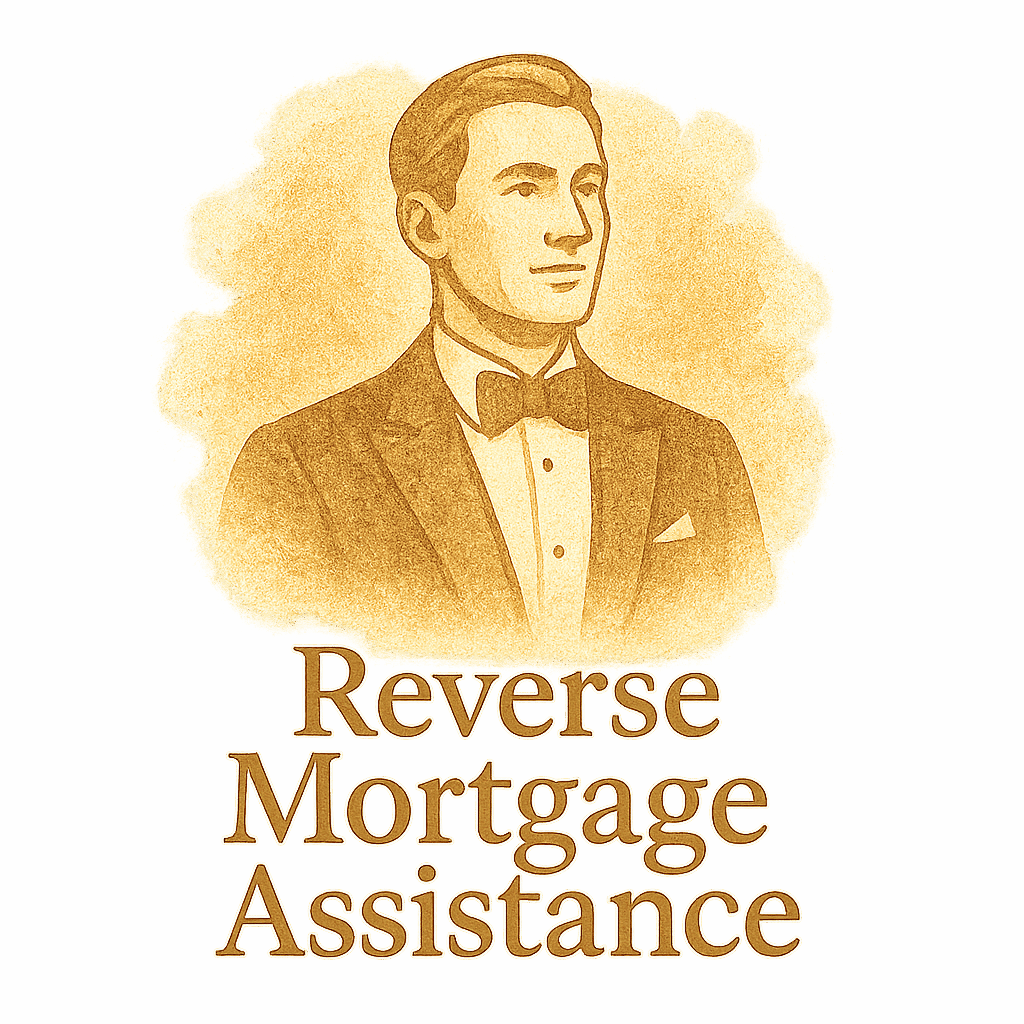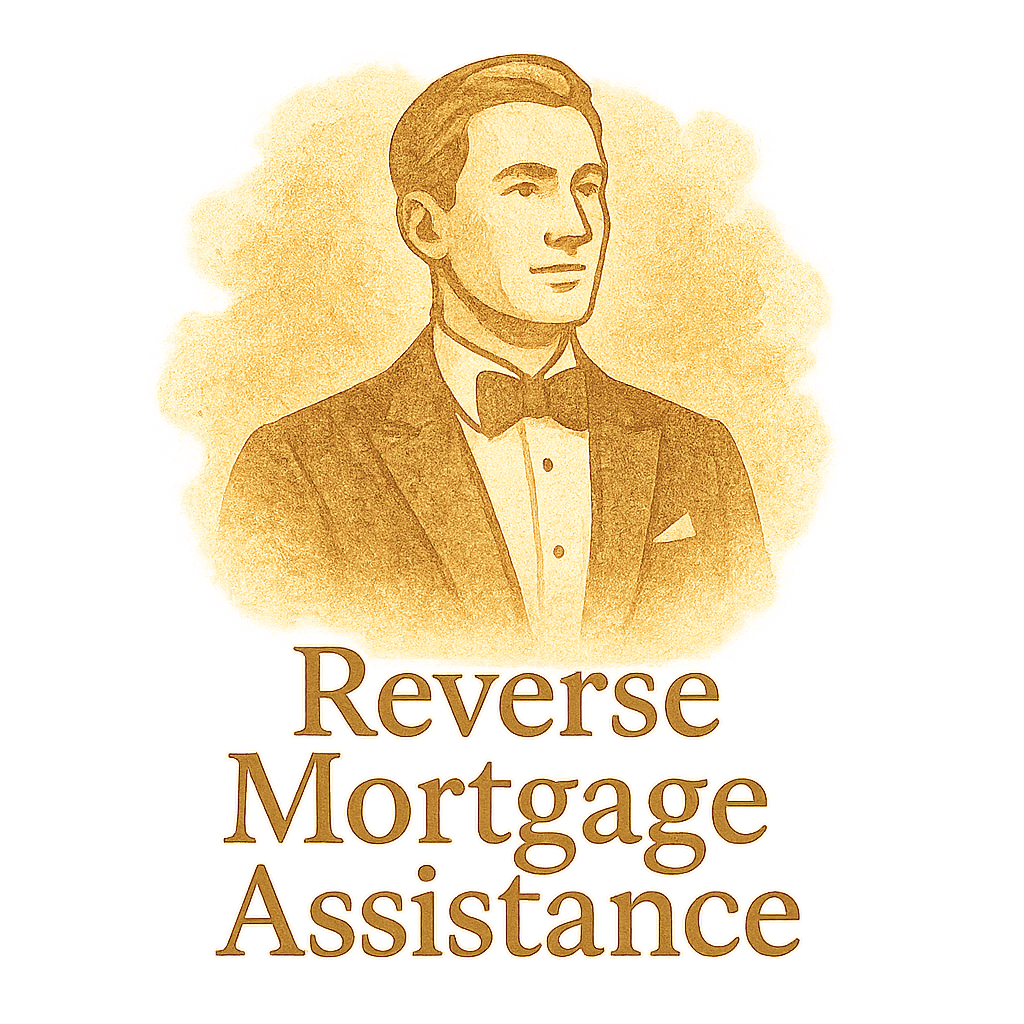Thinking about tapping into your home’s value without selling it? Reverse mortgages offer a compelling option for seniors seeking financial flexibility. But before jumping in, it’s crucial to understand the reverse mortgage eligibility requirements. Whether you’re eyeing retirement income or covering health expenses, this guide walks you through the six must-meet requirements for approval—plus how to avoid the pitfalls.
What Is a Reverse Mortgage?
A reverse mortgage is a loan that lets homeowners 62 or older convert part of their home equity into cash—without having to sell their house or make monthly mortgage payments.
How It Differs From a Traditional Mortgage
Unlike a standard mortgage where you make payments to a lender, with a reverse mortgage, the lender pays you. That’s why reverse mortgages are often described as “reverse payment” loans.
Why Reverse Mortgages Are Gaining Popularity
Rising living costs and longer lifespans are prompting seniors to seek financial solutions that protect their lifestyle. A reverse mortgage can help retirees stay in their homes while accessing much-needed funds.
Want a deep dive into the basics? Check out our Reverse Mortgage Basics to learn how it all works.
Who Can Benefit From a Reverse Mortgage?
Seniors in Retirement
Reverse mortgages are designed primarily for seniors aged 62+. It offers a financial cushion in retirement, helping manage medical bills, home repairs, or just peace-of-mind spending.
Homeowners With Substantial Equity
If you’ve paid off most or all of your mortgage, a reverse mortgage allows you to capitalize on your equity while continuing to live in your home.
Explore mortgage planning strategies to make the most of your retirement years.
✅ Eligibility Requirement #1: Age Criteria
Minimum Age for Borrowers
To qualify, the youngest borrower on the title must be at least 62 years old. No exceptions.
Exceptions and Co-Borrowers
If your spouse is under 62, they can still live in the home but may not be eligible for full borrowing power unless they’re named as an “eligible non-borrowing spouse.”
Learn how retirement and age intersect in our Retirement tag archive.
✅ Eligibility Requirement #2: Homeownership Status
You Must Own the Home
You can’t apply for a reverse mortgage if you’re renting. You must be the legal homeowner, and the home must be in your name (or living trust).
Mortgage Balance Considerations
If you still owe a balance on your traditional mortgage, it must be paid off using the reverse mortgage funds or other assets during the closing.
See examples and situations in our Mortgage Case Studies.
✅ Eligibility Requirement #3: Property Type
Eligible Property Types
Not every property qualifies. Acceptable types include:
- Single-family homes
- 2- to 4-unit homes (if you live in one unit)
- FHA-approved condos
- Certain manufactured homes
Ineligible Properties and Common Pitfalls
Homes used solely as rental properties or vacation homes are not eligible. Make sure your property meets FHA criteria.
Learn more through our Loan Comparison resources and loan comparison tag.

✅ Eligibility Requirement #4: Equity Requirements
How Much Equity Do You Need?
Generally, you’ll need at least 50-60% equity in your home to qualify. The more equity, the more you can borrow.
Why Equity Matters for Lenders
Your home acts as collateral. Lenders are cautious—they won’t approve a reverse mortgage if the current loan-to-value ratio is too high.
Want more clarity on equity? Explore our Equity Tag.
✅ Eligibility Requirement #5: Financial Assessment
Income, Debts, and Credit History
While credit scores aren’t the main factor, lenders will assess your ability to pay taxes, insurance, and upkeep. They’ll review:
- Monthly income
- Debt obligations
- Credit history
- Property tax payment record
The Financial Assessment Process
This process determines whether you’ll need a Life Expectancy Set Aside (LESA)—essentially a reserve fund to ensure taxes and insurance are paid.
Understand financial expectations better by visiting our Mortgage Myths and Truths.
✅ Eligibility Requirement #6: Occupancy Requirements
Primary Residence Rule
You must live in the home as your primary residence. It can’t be a vacation or rental property.
What Happens If You Move Out?
If you move out for more than 12 months (except for health reasons), the loan becomes due. This includes moving into assisted living or selling the home.
See our coverage on Legal & Regulatory guidelines for detailed implications.
Navigating the Application Process
Counseling Requirement
Before approval, you must complete a HUD-approved counseling session to ensure you fully understand the loan terms.
Understanding Legal and Regulatory Standards
Legal contracts, financial obligations, and HUD standards apply. For more info, explore the Legal Terms tag and the main Legal & Regulatory page.
Common Misconceptions About Reverse Mortgage Eligibility
Myth vs Reality
Think you can’t qualify because your income is low? Not necessarily true. Many people misunderstand the real reverse mortgage eligibility requirements.
Explore more myths on our Mortgage Myths page.
Resources to Clarify Confusion
Use our detailed Reverse Mortgage Basics and the Preparation tag to make informed decisions.
Wrapping Up: Is a Reverse Mortgage Right for You?
Reverse mortgages offer a powerful financial tool—but only if you meet all six requirements. From your age to your property type and financial standing, it’s crucial to qualify under each eligibility category. Knowing these requirements puts you in the driver’s seat of your retirement planning.
Explore and Plan With Trusted Tools
Ready to dig deeper? Visit Reverse Mortgage Assistance for guides, case studies, and comparison tools. Your financial future deserves informed choices.
FAQs
1. Can I apply for a reverse mortgage if I’m under 62?
No, at least one borrower must be 62 or older to qualify.
2. What happens if my spouse is under 62?
They can be classified as a non-borrowing spouse and may retain residency rights under certain conditions.
3. How much equity do I need for a reverse mortgage?
Typically, 50-60% equity is required, but it varies based on your age and the home’s value.
4. Do I need to have a perfect credit score?
No, but lenders will assess your credit history, income, and ability to pay property-related expenses.
5. Is counseling really necessary?
Yes. HUD requires it for all applicants to ensure they understand the loan.
6. Can I lose my home with a reverse mortgage?
Not if you meet all loan obligations—like living in the home and paying property taxes and insurance.
7. Where can I compare reverse mortgage lenders?
Use our Loan Comparison tool to evaluate the best options.


